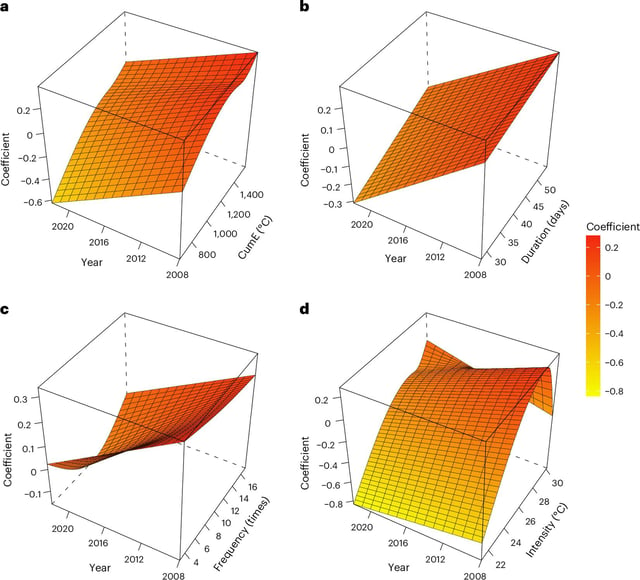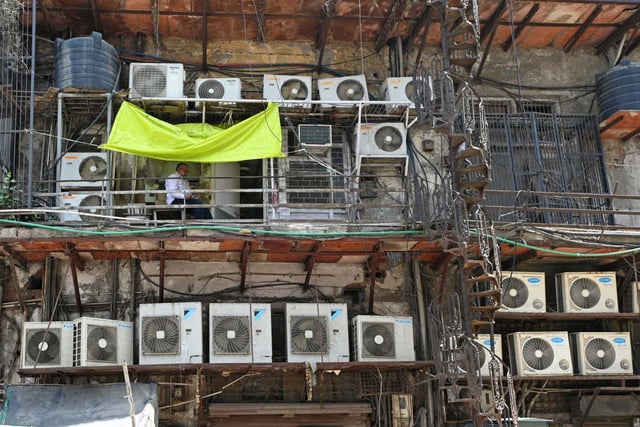Overview
- Researchers analyzed medical screenings from roughly 24,000–25,000 adults in Taiwan (2008–2022) and reported the findings in Nature Climate Change.
- Each four-day increase in heatwave duration over two years corresponded to about nine days of added biological age, with 0.023–0.031 years per interquartile-range rise in cumulative exposure.
- The total number of hot days was the strongest predictor of ageing acceleration, and effects were larger for manual workers, rural residents, and communities with fewer air conditioners.
- The cohort’s characteristics and limited exposure details constrain generalizability, and proposed biological pathways remain unproven.
- Scientists warn that more frequent and longer heat events could amplify lifetime health burdens, reinforcing calls for expanded cooling access and targeted protections for vulnerable workers and communities.



